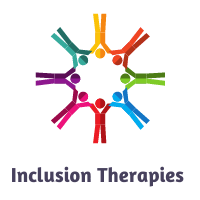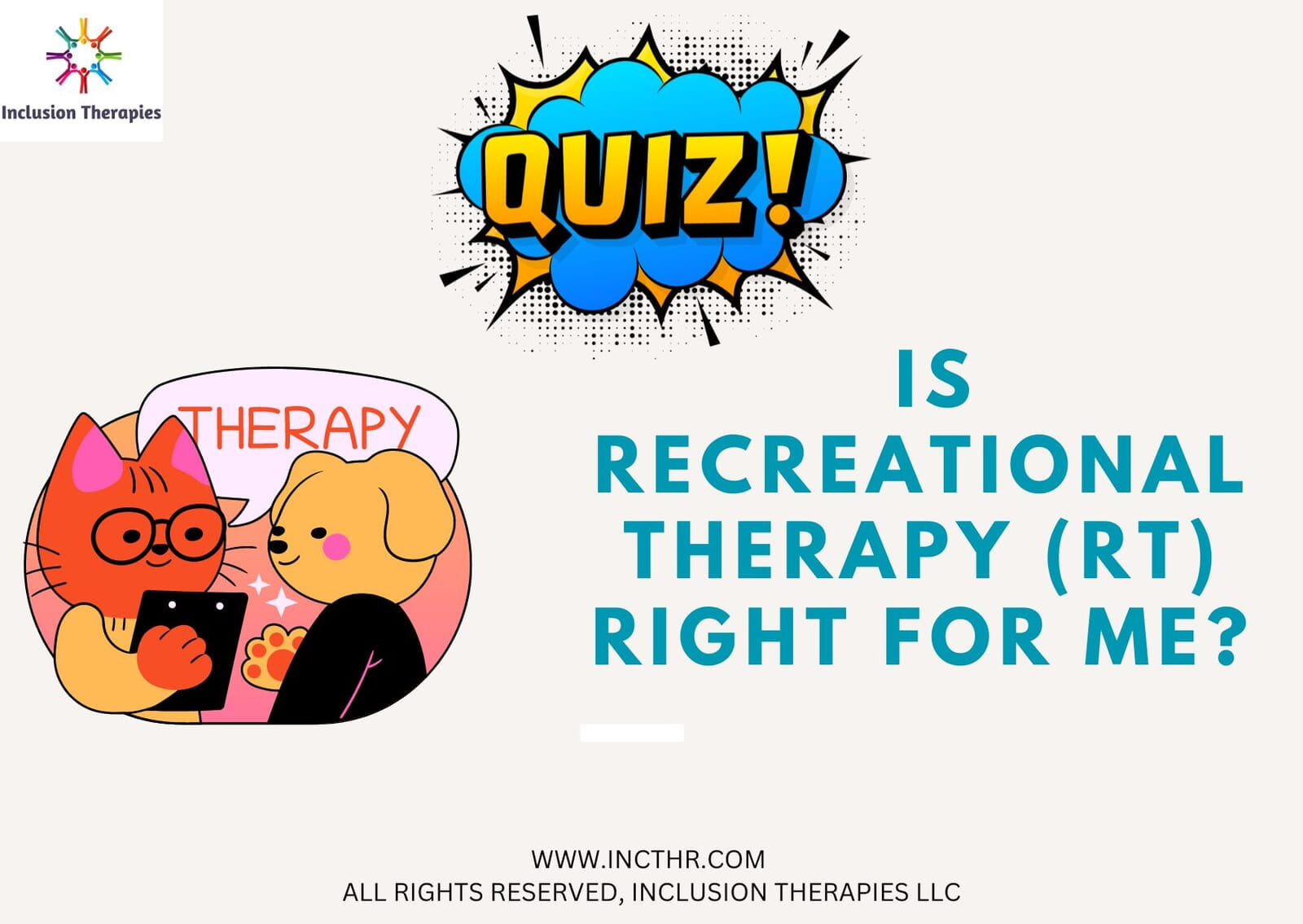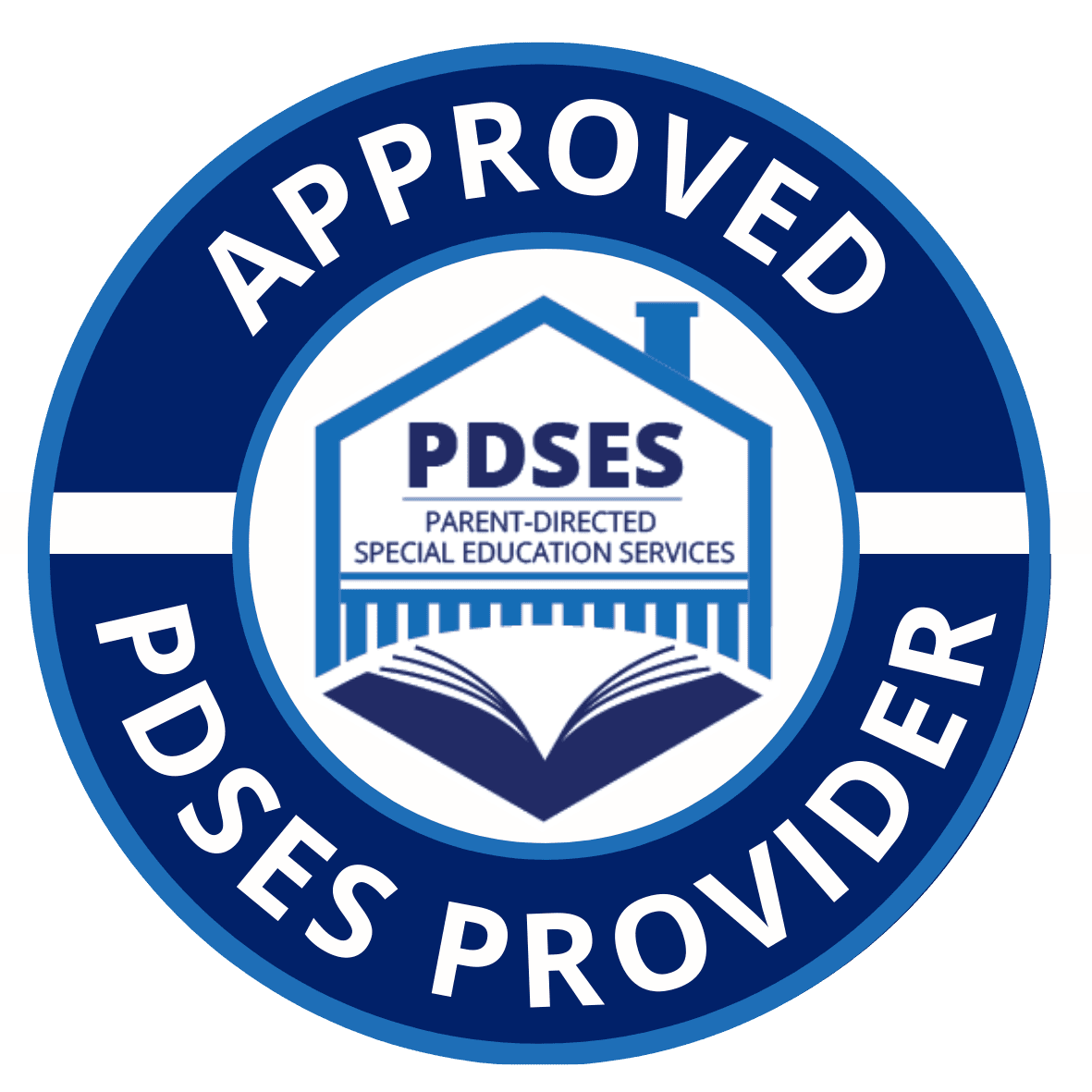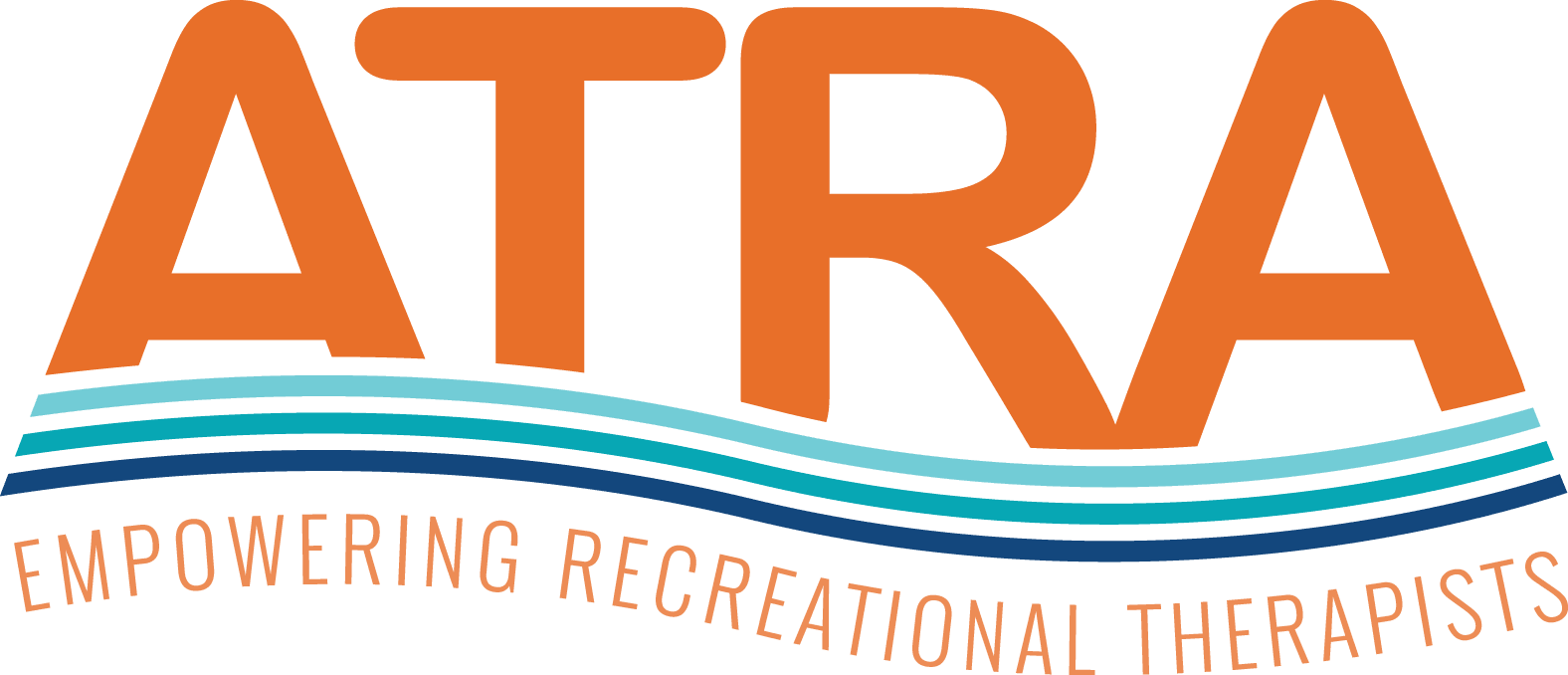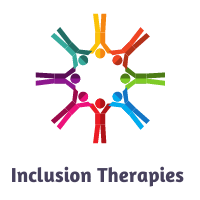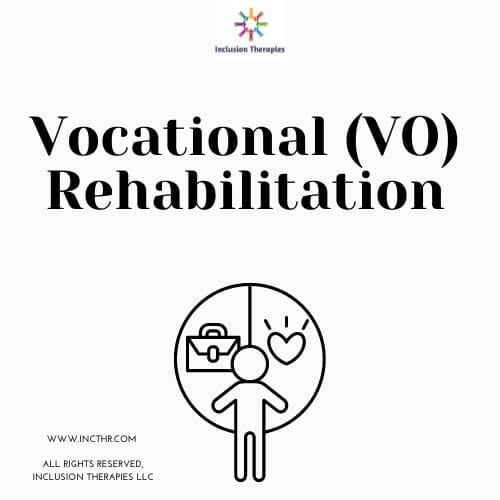
Vocational Rehabilitation:
Treatment Activity
Career Strategic Coaching
Recreational Therapy
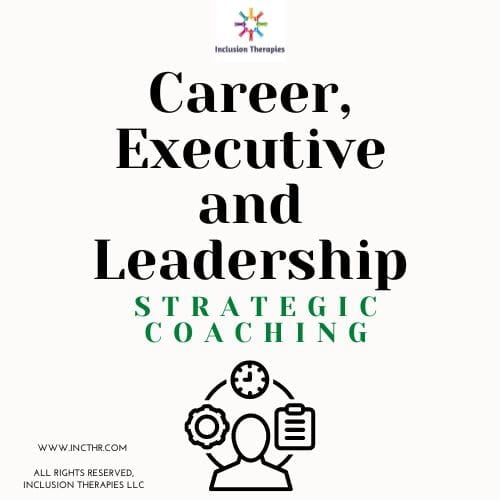
To start Career Strategic Coaching Recreational Therapy:
1. Sign up for membership (which includes automatic enrollment in the Lifestyle Foundation Program).
2. In your first session Assessment, share with the Recreational Therapist that you enjoy career/business strategy coaching as a therapy activity technique.
3. After your Assessment, you will schedule private and/or group coaching recreational therapy sessions online and/or in-person at our Lake Travis Center.
Our Coaching Process is based on the foundation that you are the ultimate expert on your life.
We utilize interventions and techniques to support and strengthen your skills to ensure you analyze, believe in, challenge, correct, hold accountable, rely on, and trust yourself.
You determine your goals.
Our Executive Coaching Strategist collaborates with you to craft the pathway to your goal destination.
NOTE: Coaching is included in the membership as Recreational Therapy for Vocational Rehabilitation.
Coaching will be a part of the Lifestyle Foundation Program.
The first session for all coaching clients will be the Intake/Assessment with the Recreational Therapist (RT).
Coaching sessions will be led by the Executive Coach (in adherence with the Plan developed by the RT).
FAQ - CAREER STRATEGIC COACHING
Yes.
Career Coaching is included as a Recreational Therapy Vocational activity.
"It typically refers to a brief, formal relationship between a client seeking to enhance their executive abilities and a consultant who “coaches” the client to increase those skills and abilities. Executive coaching is usually understood to involve a non-clinical client-coach relationship. It includes interventions that promote learning and cognitive and behavioral change for increasing self-awareness and improving job and interpersonal performance. Executive coaching can address both personal and professional development with a focus on the acquisition of new skills." (June 2018)
- Psychological Health Center of Excellence (PHCoE), one of the Centers of Excellence within the Research and Engineering Directorate of the Defense Health Agency (DHA)
"[T]he current empirical data can demonstrate only that coaching is effective at improving the coachee’s self-perception about improvements to themselves and the workplace." (June 2018)
- Psychological Health Center of Excellence (PHCoE), one of the Centers of Excellence within the Research and Engineering Directorate of the Defense Health Agency (DHA)
"[A] combination of professional wisdom (individual experience and group experience consensus) and empirical evidence (coaching-specific research and coaching-relevant research)" (5/14/2021)
- Forbes, Evidence-Based Coaching: A Key To Lasting Personal Transformation
You determine your goals. Your Coaching Strategist works with you to determine how to attain the goals and implementation of real-world Action Plans. We utilize a variety of tools including the MAPP (Motivational Appraisal Personal Potential) career assessment.
In the Intake coaching session, the Career Strategic Coach will assess client's business/ career goals and determine if there is a pragmatic path to collaborate on towards achievement of client's stated goals.
Unpreparedness for coaching may include, but is not limited to:
- A client who wants an Career Strategic Coach to"figure out" their goals; or,
- A client who is not receptive to any feedback from an Strategic Coach as they believe they "know all the answers" and/or"has tried it all;" or,
- A client who has unrealistic timeframes; or,
- A client who believes they "don't know" what they want; or,
- A client who identifies a skill deficiency and expresses no intention to attain the requisite skills; or,
- A client seeking a "shortcut" or "hack" to attain outcomes in an unrealistic, unethical, dishonest or ill-advised manner; or,
- A client who asserts that they know how to get what they want but that goal attainment"is based on who you know."
Our Career Strategic Coaching is an evidence-based process with defined outcomes.
There is a beginning (Intake Coaching Assessment & Coaching Deployment Plan, if applicable), a middle (coaching sessions) and a conclusion (discharge upon goal attainment and maintenance career check-up to prevent goal regression).
Clients are in control of the process at all times and collaborate with their coach strategists to ensure their optimal outcomes.
Our Coaching Strategist collaborates with you to craft the pathway to your goal destination.
Our Executive Coaches have a minimum of 20+ years of business management experience, undergraduate degree(s) and at least one graduate degree (from a U.S. Regionally Accredited University or equivalent).
No.
We provide business experts to support clients in their Vocational (Career, Executive and Leadership) goal attainment. Non work-related areas (e.g., life coaching) is not our expertise.
Our Coaches/Strategists Don't Tell Clients What To Do.
No "Hacks", No "Shortcuts", No "Secrets."
"The popularity of executive coaching owes much to the modern craze for easy answers. [...] To achieve fast results, many popular executive coaches model their interventions after those used by sports coaches, employing techniques that reject out of hand any introspective process that can take time and cause “paralysis by analysis.” The idea that an executive coach can help employees improve performance quickly is a great selling point to CEOs, who put the bottom line first. Yet that approach tends to gloss over any unconscious conflict the employee might have. This can have disastrous consequences for the company in the long term and can exacerbate the psychological damage to the person targeted for help." (June 2002)
- Harvard Business Review, The Very Real Dangers of Executive Coaching
- Add minor children under 18 for an additional $49 per month per child (to share one membership together).
- Add adults over 18 for an additional $99 per month per adult (to share one membership together).
All New Members are Enrolled in our Lifestyle Foundation Program
The program is 2-6 months (based on client goals and plan) and is paid via monthly membership subscription.
Members may pause or cancel membership subscription at any time
(cancellation effective at the conclusion of their current prepaid month).
"Health care extends beyond pills and medical devices."
- Baker, D. L., & Dye, C. (2017). Prescribing Experience: Discussion of Recreational Therapy as Health Care. Journal of Disability & Religion, 21(3), 296–318. https://doi.org/10.1080/23312521.2017.1326875
